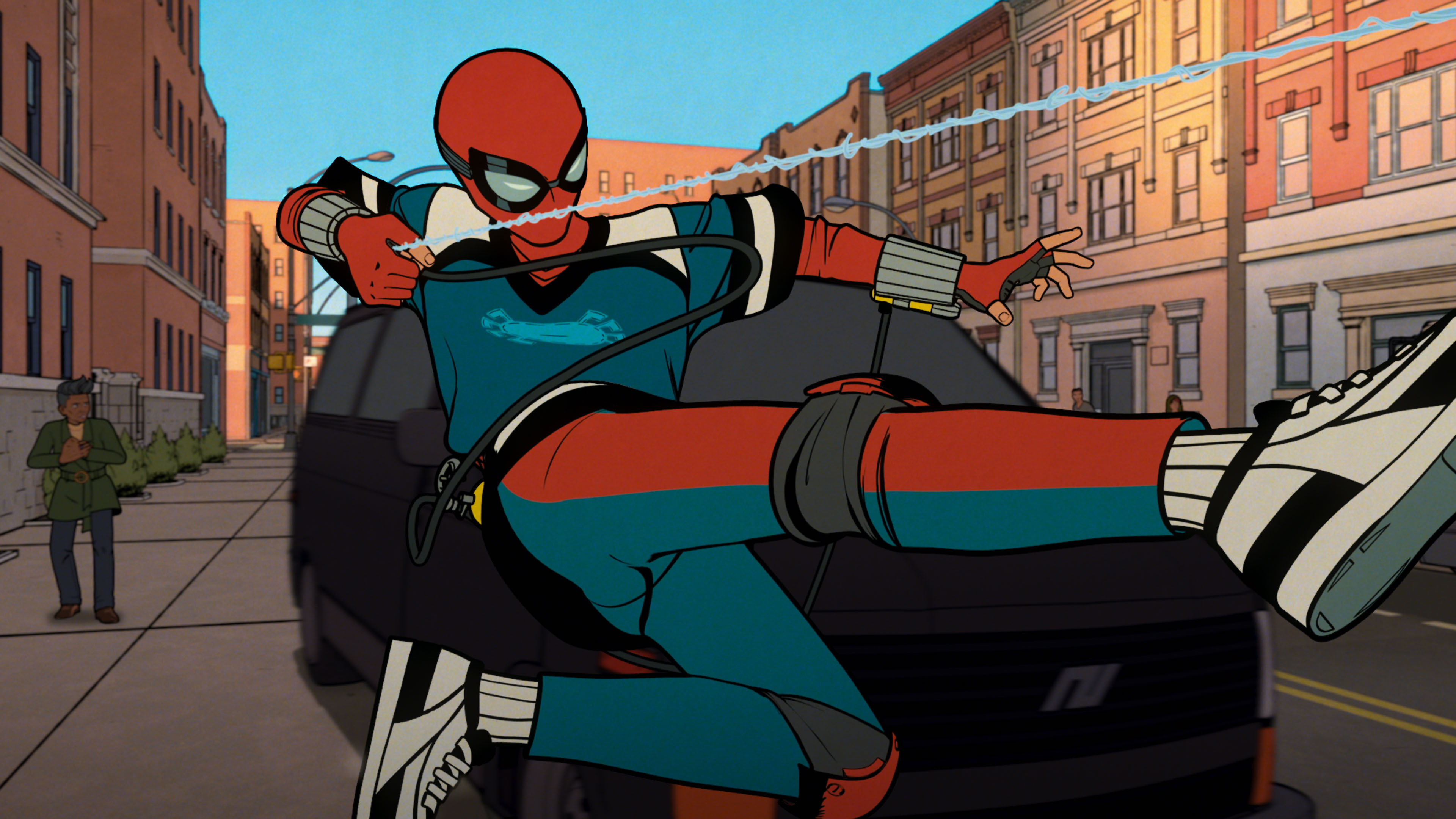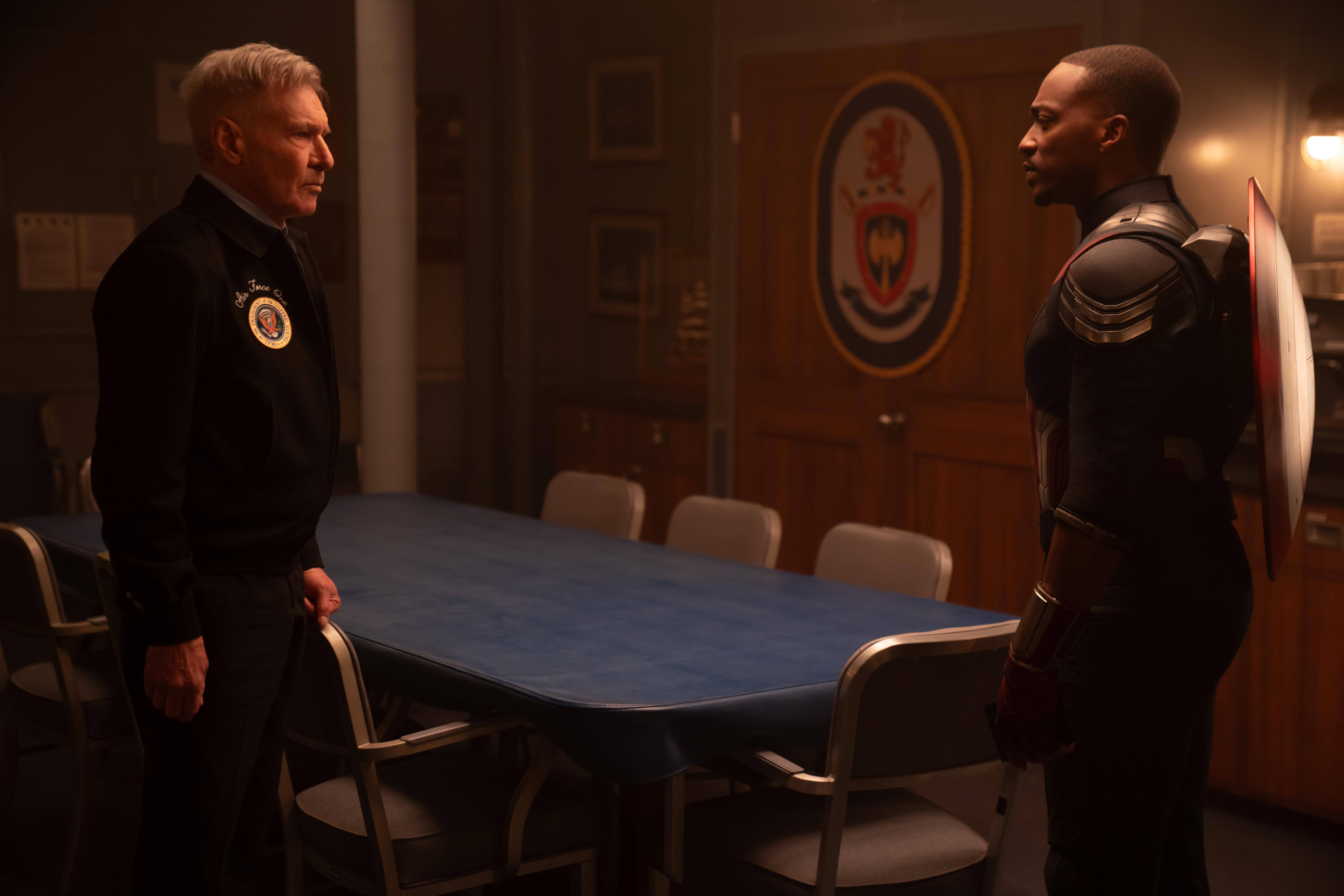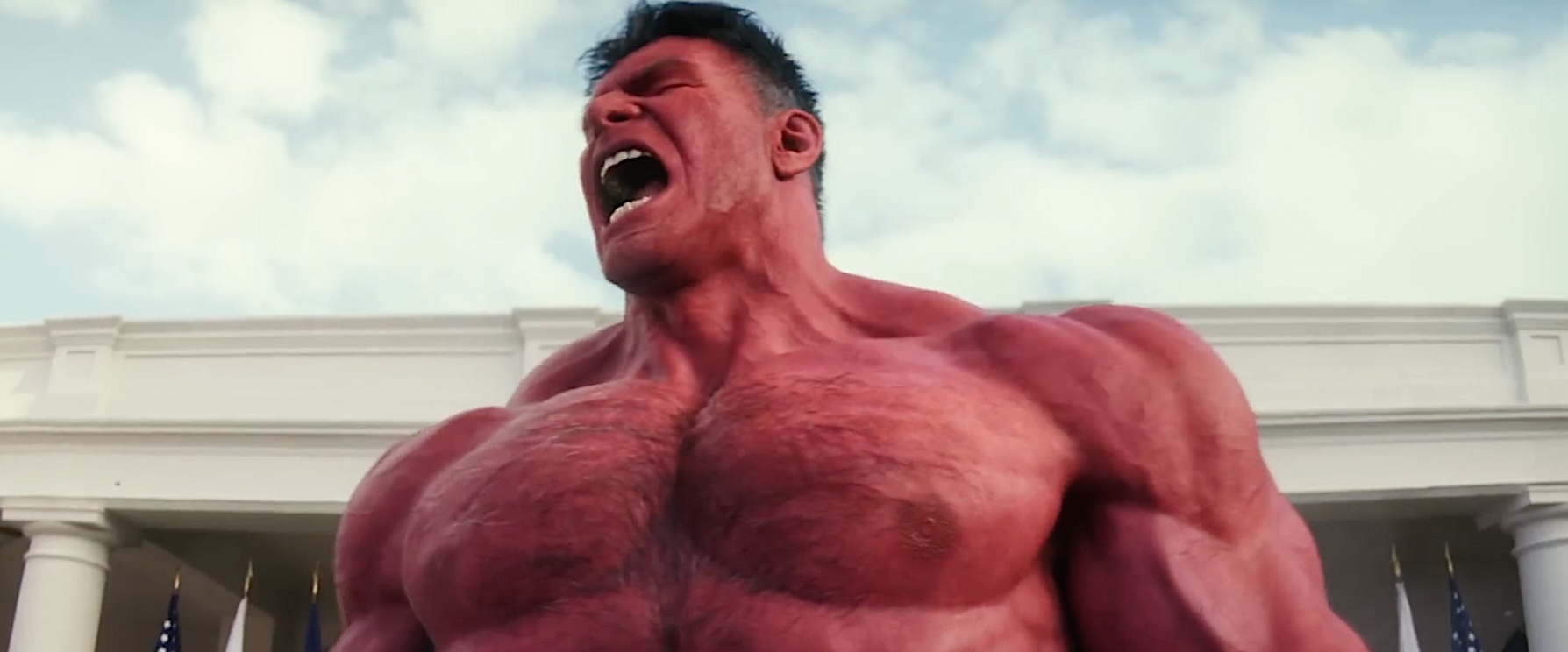Why did Riverdale return to the 1950s? The same reason Riverdale does anything: because it can, and because it’s the only show audacious enough to do it. In interviews, the cast has credited this choice to showrunner Roberto Aguirre-Sacasa’s desire to end things in the most “wholesome, Archie Comics way possible.” But the truth — and how it got to its big, twisty, and complicated ending — is much more complex, and much more interesting. This is, after all, Riverdale; nothing here is as straightforward as it seems.
[Ed. note: This post discusses the plot of Riverdale in full, meaning it spoils a lot along the way, including the end of the show.]
It’s hard to give a rundown of every single thing that happened on Riverdale. It started as Twin Peaks lite, with the gang trying to solve the murder of Jason Blossom and uncovering the seedy underbelly of the “Town with Pep!” By season 2, Jughead and Betty were hunting serial killers while Archie and Veronica were dabbling in her father’s mob business. Season 3 was the Satanic Panic. In season 4, the kids celebrated senior year with Betty finding out she had the “serial killer gene” and a secret brother, Veronica waging war against her father (through her various business interests), Jughead getting pretend-murdered to reveal some other killers in a The Secret History-esque plot, and Archie escaping prison. After being interrupted by the COVID-19 pandemic, season 5 picked up with the graduation of the kids, alongside Archie and Betty kissing, which breaks up the core four right as they go their separate ways for college before a seven-year time jump. When they return to Riverdale, Hiram Lodge is running it into the ground to make way for a for-profit prison, so each member of the cast finds a way to step in and teach at the high school. By season 6 there’s an alternate universe of “Rivervale,” and everyone has superpowers and is fighting a sorcerer who made a deal with the devil, which is how they ended up in the 1950s AU (as fallout from them pooling their powers and stopping a comet from hitting the Earth).
:no_upscale()/cdn.vox-cdn.com/uploads/chorus_asset/file/23074395/RVD603a_0259r.jpg)
:no_upscale()/cdn.vox-cdn.com/uploads/chorus_asset/file/23020032/RVD601a_0427r.jpg)
:no_upscale()/cdn.vox-cdn.com/uploads/chorus_asset/file/23074378/RVD602b_0027r.jpg)
:no_upscale()/cdn.vox-cdn.com/uploads/chorus_asset/file/23074386/RVD604b_0471r.jpg)
Clockwise from the top left, we have: Veronica performing one of the show’s many musical numbers, Betty right before they did a Midsommar AU where they sacrificed Archie, Cheryl playing her ancestor in a queer love story vignette, and Toni becoming La Llorona.
Somewhere in all of that is everything you’ve ever heard about Riverdale and more: Archie extols the virtues of the epic highs and lows of high school football, and fights a bear (twice, technically). Betty springs multiple people from an organ-harvesting cult led by Chad Michael Murray — who wears an Evel Knievel costume while he tries to escape on his rocket. Cheryl switches bodies with her grandmother and an evil spirit during the Sabrina crossover. Veronica refers to herself as the “She Wolf of Wall Street” 800 times. Jughead is “weird,” he’s “a weirdo.”
But Riverdale was always more than those bombastic and weird moments that floated around the internet. And while folks on Twitter might occasionally kick up some dirt about whatever Riverdale was up to, the show itself was fairly unbothered by its reputation. Instead, true to the spirit of Archie Comics, it was busy just being whatever version of itself it felt like at any given moment.
Throughout the show, you could feel the little course-corrects each season as it went along — the return of the Masked Hood when it seemed like the midseason reveal maybe didn’t pass muster, characters becoming more prominent or breaking up because the real-life actors behind them did. Little threads from the beginning of the seasons were always getting woven in as the show went along, even when Riverdale was far past the need to firmly hold to logic for a story to cohere. Like most soaps, Riverdale could do what it wanted, and fans would follow it anywhere, so long as it wasn’t boring. To be fair, by the later years there were absolutely boring moments — but, then, the show would find a new curveball to revitalize the town’s pep.
:no_upscale()/cdn.vox-cdn.com/uploads/chorus_asset/file/9829319/tumblr_o4anmsBeIW1v5g7two3_r1_1280.png)
:no_upscale()/cdn.vox-cdn.com/uploads/chorus_asset/file/24869403/RVD720c_0203r.jpg)
:no_upscale()/cdn.vox-cdn.com/uploads/chorus_asset/file/24869408/RVD720c_0380r.jpg)
This willingness to shake things up makes it easy to see how Riverdale’s last season ended up back in the 1950s: It’s a ballsy swing, a return to the “basic” Archie Comics that people were familiar with and that the show, like the comic before it, bucked at almost every turn. Plus, it let the show do what became a sort of hobby horse for it, turning into a bit of Afterschool Special-ing to impart a message. (In season 7, this was the kids casting off the puritanical racism, sexism, and homophobia of the 1950s. But you can trace some of this back to Black actresses calling the show out in 2020 for using them in one-dimensional ways, and even further back to the episode where Cheryl goes to see Love, Simon — cross-promotion for executive producer Greg Berlanti — and comes out.)
The final season was the best showcase for the sort of tonal dance the show was always doing. It was a reminder that Riverdale was always proudly whatever it wanted to be, able to draw up any reference or baroque language it wanted and make it work. As Aguirre-Sacasa put it himself around the premiere of the show: “I don’t mind mixing tones, and I don’t mind mixing drama with comedy, and I don’t mind mixing earnestness with sarcasm or undercutting, sardonic humor,” adding, “I love all the things [Riverdale] is. It’s like the kitchen sink.”
And so, in season 7, Archie is walking around town calling things “the ginchiest” in the same episode where Toni Topaz says (with a totally straight face): “Wowza! You completely captured the longing of being in a queer, interracial relationship in the 1950s.” That line might seem ridiculous on its face, but then you remember that they got magicked back(?) into this timeline, and maybe some version of them knows they’re really from a different time. Or maybe, like the many film and pop culture references made offhand, Riverdale just wanted us to know it knew, you know?
Ultimately, the show’s ending points to a sort of awareness about what it could be for people, if they’d give it a chance. Jughead gets reawakened to the truth of their ’50s existence because his girlfriend Tabitha (who found out she was the town’s guardian angel and chronokinetic in season 6) shows up in the penultimate episode and plays him what we know to be the Riverdale pilot to jog his memories. Tabitha says she’s righted the multiverse mess that got them all here, but unfortunately that means no one can jump ahead in time, leaving everybody stranded in this 1950s reality. Jughead shows the rest of the gang the show — on a “color television?!” as he exclaims — and they are all forced to confront the darkness of their path, and the timey-wimey predicament of their present (and future). The power of TV literally wakes them up from their multiversal stupor.
That all sets the stage for the final episode, when an 86-year-old Betty gets to revisit the day they handed out senior yearbooks, and dialogue about the fate of everyone with Jughead, her ghost guide. The nature of both their discussions and the graduation hum in the air sets the stage for your typical TV finale emotions. Turns out everyone committed to living out their 1950s timeline, and got (mostly) long and happy lives in return; a parade of earnest emotion. Even still, Archie reads a poem that recounts everyone’s most bizarre moments, a knowing wink to audiences who have followed them through the strangest of times. It’s a bit more aware than the show typically is, but then again, this is just another way of grounding the characters. And this being Riverdale, the finale has one last bomb to drop: Jughead, Veronica, Betty, and Archie were in a “quad” relationship with each other throughout senior year of high school (and we’re told a very emotionally and physically satisfying one at that).
It’s the perfect kiss off for these characters — again, a wild hair turn and bit of fan service all at once. And in the end, none of them ended up with each other. But Ghost Jughead leaves them in Pop’s diner, where Betty has entered after she’s passed away in the real world. This version of Riverdale, where they’re “forever juniors” and “forever 17,” is the literal heaven in the universe of the show. And it’s the perfect encapsulation for a show so devoted to evoking and emulating pop culture, feeling completely in line with other important finales like it. This town, its problems, its milkshakes — they’re the same as church in Lost, or the just desserts prison in Seinfeld. They’re a teen show that ran lengthy, wild seasons and the likes of which we’ll never see again. They’re the kitchen sink, and the sweet hereafter. They’re Riverdale, through and through.








